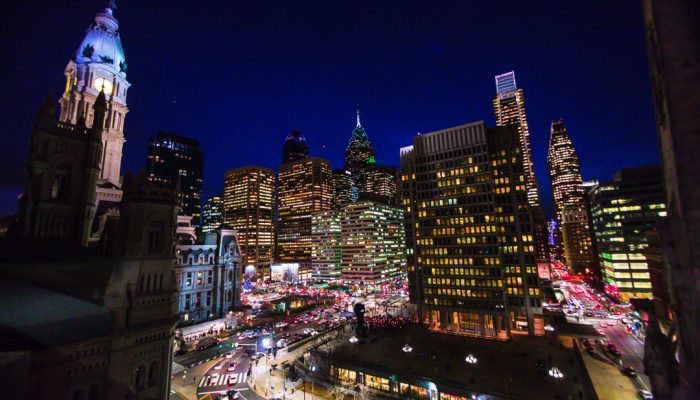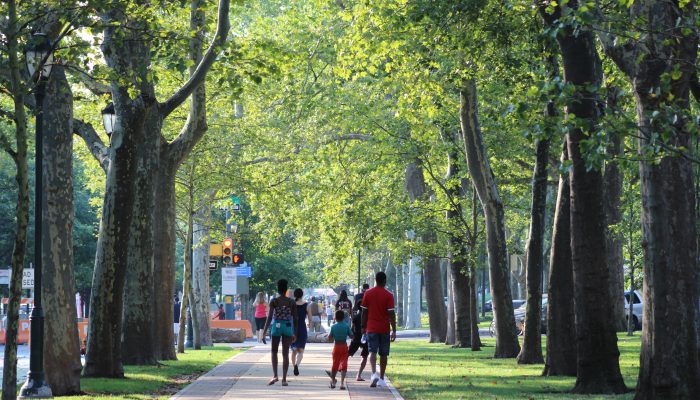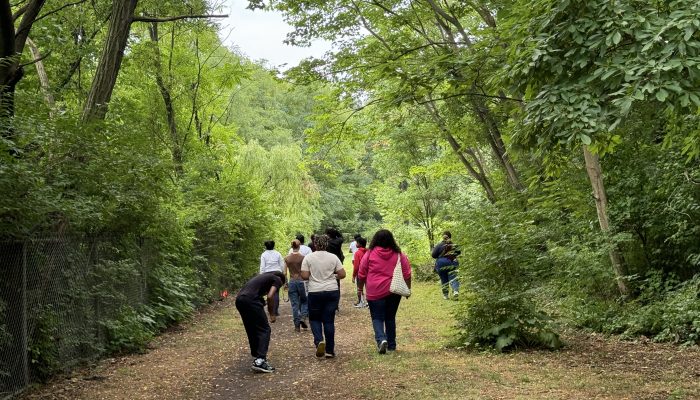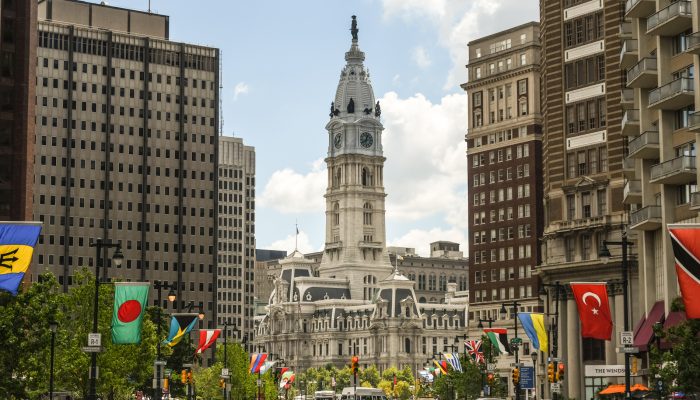Today the City of Philadelphia released the Municipal Energy Master Plan (EMP) 2020 Progress Update to highlight the city’s progress toward four institutional goals around energy and climate:
- reducing energy use,
- expanding renewable energy,
- lowering carbon pollution, and
- reducing energy costs in municipal operations.
In addition, a Request for Qualifications (RFQ) for a Citywide LED Streetlighting conversion project has also been released in collaboration with the Philadelphia Energy Authority. Read below to learn how these projects bring the City closer to its clean energy vision.
2020 EMP Progress Update
The report provides updates on the City’s progress towards meeting its goals around energy and climate. Our top three highlights of the report include:
- Preliminary emissions inventory shows a 33 percent decrease in carbon emissions from the 2006 baseline. This means the City is on track to meet its goal of reducing climate change causing carbon pollution in city facilities and street lighting 50 percent by 2030.
- The multi-million-dollar energy efficiency project at the Philadelphia Museum of Art is near completion. It is on track to exceed its targets for energy reduction, job creation, and inclusion of diverse businesses like those owned by women, minorities, and people with disabilities.
- The Office of Sustainability continues to partner with departments throughout City government to deliver energy reducing technologies, enhanced designs and employee education campaigns.
Citywide LED Streetlighting Conversion Project
Together with the Philadelphia Energy Authority, the City of Philadelphia released a Request for Qualifications (RFQ) to convert all or most of city-owned and operated streetlights to energy efficient and low maintenance LEDs. The goals of the project are to improve public lighting across the City, reduce carbon pollution, and lower overall costs of streetlighting infrastructure. In the 2017 Municipal Energy Master Plan, LED streetlighting was identified as the single largest opportunity to reduce carbon in its operations. The RFQ is the first phase of the procurement process and aims to qualify a shorter list of qualified vendors who will be eligible to respond to a future Request for Proposals (RFP).




